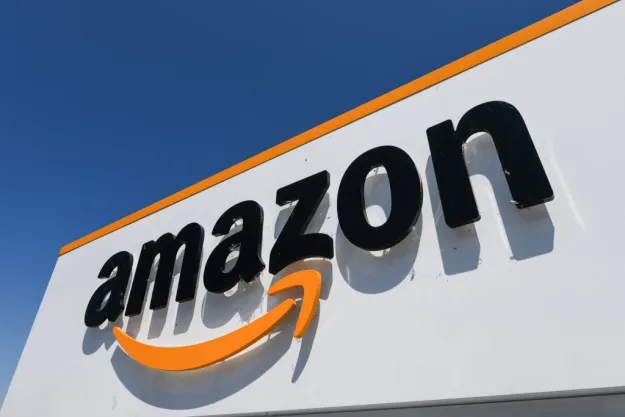Amazon Prime Day was a massive success for many manufacturers that sold products via the online marketplace. It’s no surprise, however, that the company with the most significant sales boost from Prime Day was Amazon itself. Thinknum’s analysis of the online’s mega-retailer’s bestselling electronics products found that Amazon-branded items captured seven of the top 10 spots for the entire month of July, not just Prime Day.
Historically, Amazon uses Prime Day to promote its own brands and products aggressively. Digital Trends predicted that smart home products, especially the third-generation Echo Dot smart speaker, would be big sellers. We said the same for Amazon’s two streaming media players, the Fire TV Stick and the Fire TV Stick 4K, both with Alexa Voice remote control units.
On July 17, the day after the two-day Prime Day 2019 event ended, Amazon announced that Prime members around the globe snapped up more than 175 million items during the 48-hour sales event. Amazon CEO Jeff Bezos chimed in, saying the Echo Dot, Fire TV Stick, and Fire TV Stick 4K were among the bestsellers. Other Amazon products that rocked Prime Day included the Amazon Smart Plug, Fire Tablets, Kindle e-readers, and two smart displays, the Echo Show and Echo Show 5. Amazon also pointed to huge sales figures for its Ring and Blink smart home device brands.
Thinknum tracked two metrics: Number of days in the top 100 and absolute category rank. Working the numbers a bit to account for multiple inventory IDs for some products — the Kindle Paperwhite, for example, was in the top 100 37 of July’s 31 days — Thinknum determined the average category rank for each of the top 10 bestsellers.
Here are the top 10, in order:
- Fire TV Stick
- Fire TV Stick 4K
- Echo Dot, charcoal
- Echo Dot, heather gray
- Roku Express streaming media player
- Echo Dot, sandstone
- Fujifilm Instax Mini Instant Film Value Pack
- TP-Link AC1750 Smart Wi-Fi router
- Echo Show 5
- Kindle Paperwhite
So, Amazon products performed as predicted. Notably, the Echo Dot held three spots in the top six because different colors counted as separate products. There is a question, however, of what these figures mean for companies that sell competing products. Can electronics companies compete with a category sales leader that also owns the dominant marketplace for the same products?
Amazon doesn’t sell Google Nest smart home products that work with Google Assistant or Apple Homekit products that answer to Siri. Amazon’s Echo smart home ecosystem owns a much larger share of the smart home market than the Google and Apple smart home platforms. Amazon gained its smart home leadership position for many reasons, not solely because customers cannot buy competing platform devices on Amazon.
Apple and Google have their own sales websites and work with other retailers. Walmart and Google formed a partnership, with exclusive deals on Google Assistant-compatible smart home devices that started weeks before and ended the day after Prime Day, for example. If Google and Apple had the opportunity to offer great deals on Amazon during Prime Day, however, there’s no question that they would have sold large quantities of products.
For smaller companies and startups that lack Google’s and Apple’s deep pockets, the prospect of competing on any level with Amazon smart home products or in any other category in which Amazon trades its own wares has to be daunting.
Editors' Recommendations
- Amazon Astro gets a day job with Astro for Business
- You’re about to pay more for Amazon Prime
- Is the Roomba 692 worth buying on Amazon Prime Day?
- What is Amazon Prime?
- What is Amazon Prime Now?



